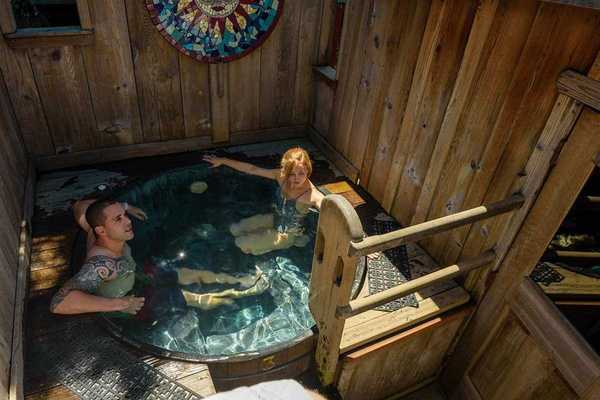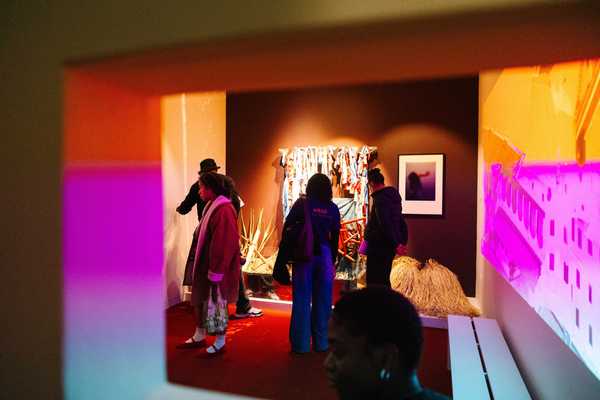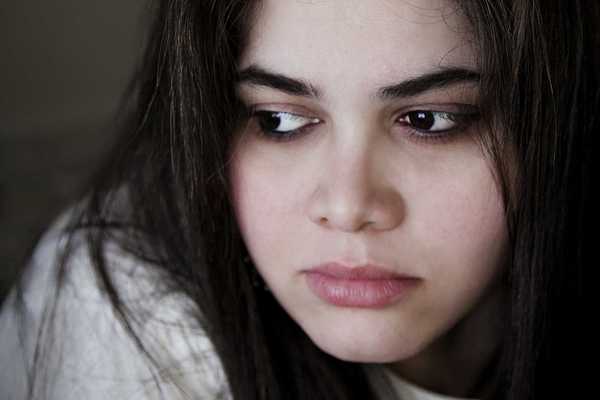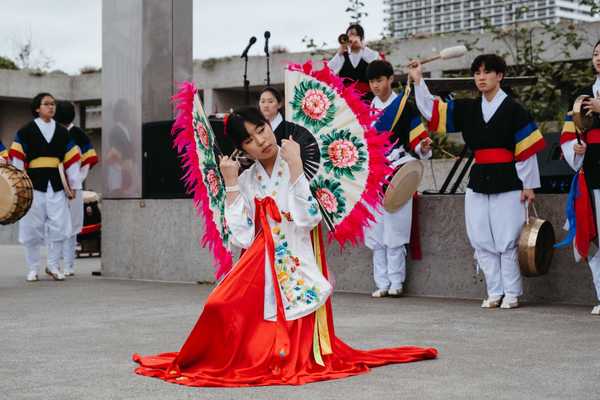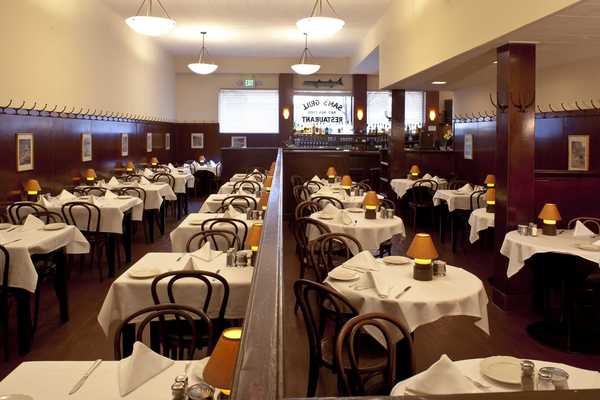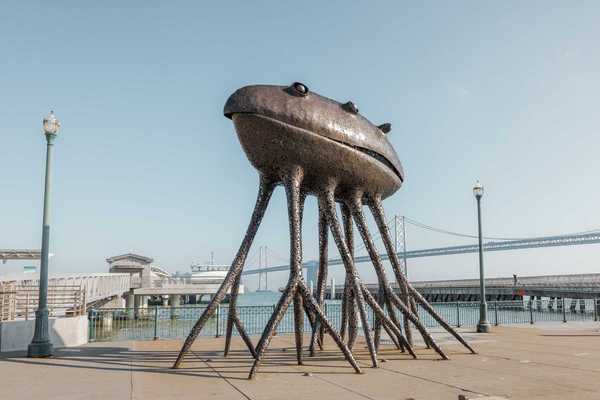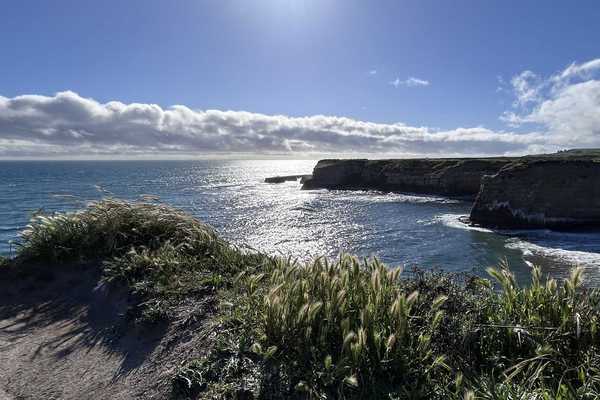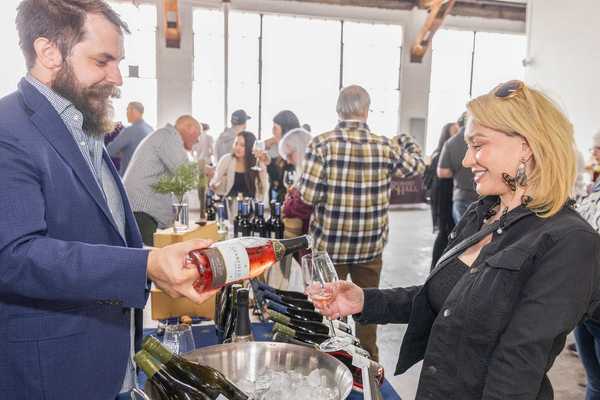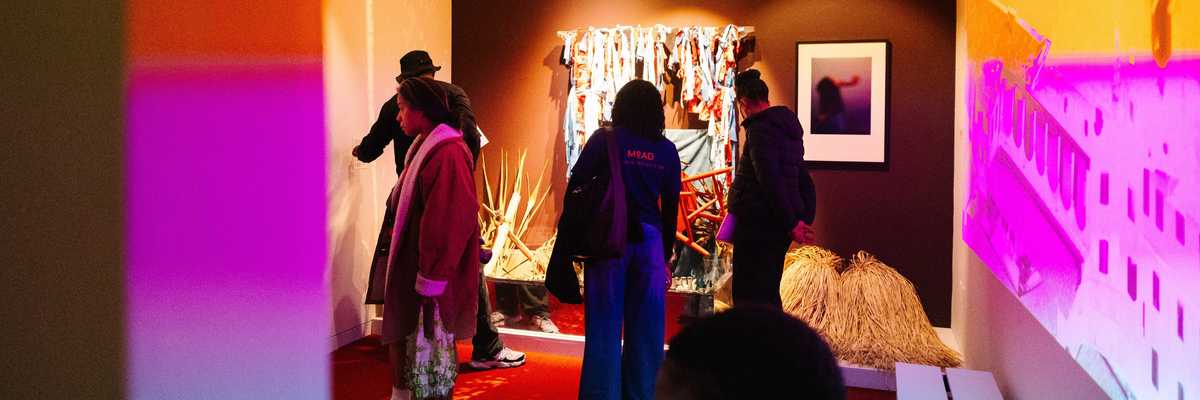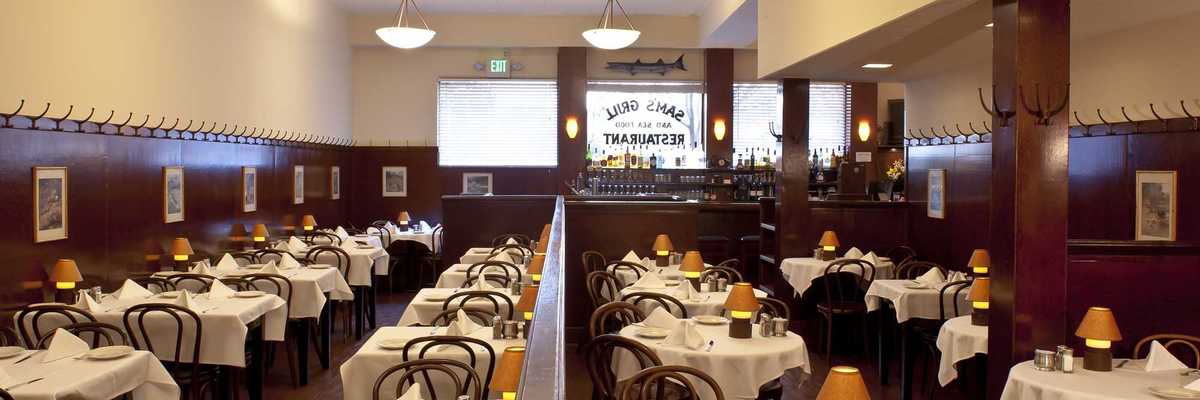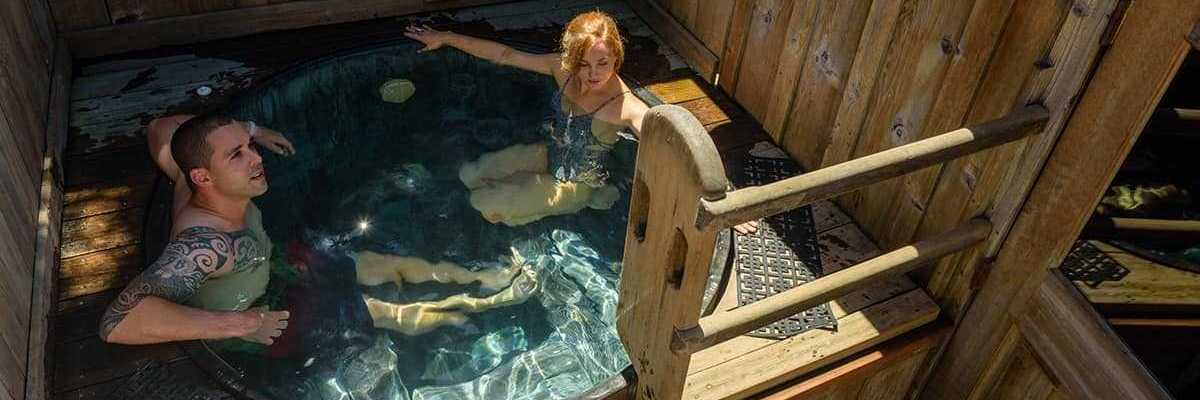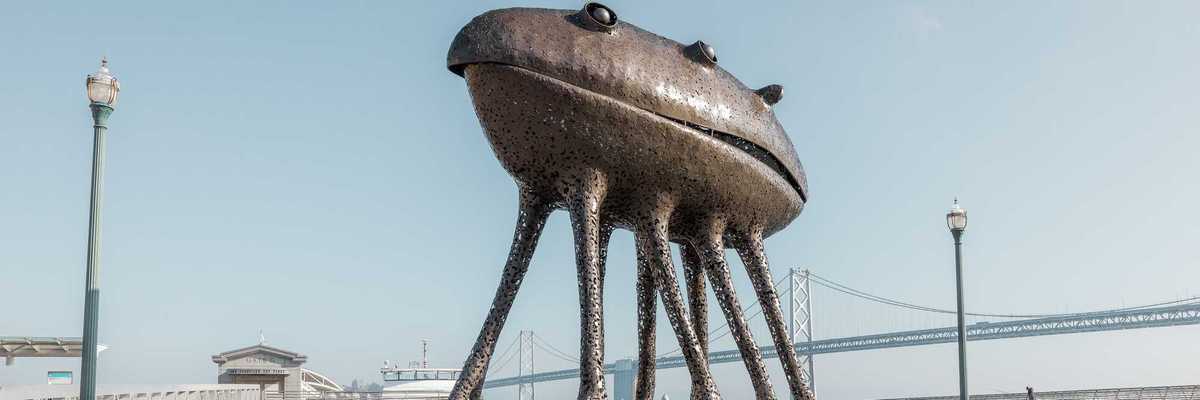It has been eight years since Mel Gibson last starred in a movie, in M. Night Shyamalan’s extraterrestrial thriller Signs. Now Gibson, 54, is returning to the screen in Edge of Darkness, director Martin Campbell’s adaptation of his acclaimed, six-hour BBC miniseries about a brooding cop investigating the murder of his daughter.
It's the kind of role Gibson has played before, a loner with nothing to lose, the man with a thousand-yard stare avenging some wrong if it's the last thing he does. (It sometimes is. Ask William Wallace.) In Ransom (1996), he was a desperate father turning the tables on his son's kidnappers. Three years later, in Payback, he sought an unpaid debt – a sum small enough to suggest his dogged, almost comical devotion to principle – with pit-bull tenacity.
This time around, the names and circumstances have changed, but there's Gibson, haggard and haunted, tracking down his daughter's killers and constantly in danger of breaking his fist on somebody's jaw. Darkness is sharply written and directed with style; it's a sturdy comeback vehicle. But when he looks back to 2002, after he helped Signs become Shyamalan's second-biggest box-office hit to date, Gibson acknowledges that acting had become a relatively thankless enterprise. What changed his mind?
“I walked away after Signs because the whole thing had gone stale for me,” he says. “It wasn’t ringing my bells, and I wanted to focus on directing, writing and producing. But I got the acting bug back because I thought that after all these years, I might have something to offer.
“If it wasn’t Edge of Darkness, it would have been something else. But this was the best material I’ve seen in years. There are lots of bad scripts out there. This one gave me the opportunity to work with Martin and [co-star] Ray [Winstone].”
It's not as if Gibson has been resting on his laurels, stubbornly withdrawn from moviemaking. The Oscar-winning director of Braveheart (1995) got behind the camera again in 2003, self-financing an independent project no Hollywood studio cared to touch: The Passion of the Christ. His gamble paid off handsomely, to the tune of $370 million, and Gibson returned in 2006 with Apocalypto, the story of a Mesoamerican tribesman scrambling for survival.
If those sound like odd choices for a seemingly mainstream filmmaker – a bloody biblical epic loaded with Aramaic, Latin and Hebrew dialogue, and an adventure, set during the decline of the Mayan civilization, whose characters speak only in Yucatec Maya – they shouldn't.
"The very first idea I had about making a film was when I was 16 years old," Gibson says. "I wanted to make a Viking movie, and I wanted to make it in Old Norse, which I was studying at the time. At that age, you think that's a stupidly ridiculous idea. It's a romantic pipe dream. But that's the first big, wacky idea I had.
"When I make a movie, I want to see something I've never seen before, like somebody speaking low, guttural German, coming up to my house to scare the ever-loving shit out of me. I want to make it real."
Gibson's fearlessly ambitious instincts aside, no discussion of him would be complete without mention of That Night. It was three years ago that he suffered his greatest setback in an otherwise charmed career, the alcohol-fueled meltdown in Malibu, during which he allegedly made anti-Semitic remarks to an arresting police officer. He’s been sober since then, he says, and working on personal growth. As for his physical fitness, which is put to the test early and often in Edge of Darkness, that's another story.
"I don’t work out much," he says. "I ordered a chiropractor for the days after filming. I knew I was going to feel like roadkill, and I did. Basically, I try to eat right and I exercise a little. I also quit smoking. It was torture. The first three days I was like an axe murderer. On day four I might come at you with a bat. Day five, I might be dangerous with a lawnmower. It's a hellish habit to break.
"That's life for me. There's no more fun things left. I don't do anything fun. But that's dying, isn't it? They say you die in stages, and I guess it’s more than halfway over for me."
Mathematically, that seems likely. Yet Gibson won't be slowing down anytime soon, though he will not be appearing in director George Miller's third sequel to Mad Max, tentatively due in 2011, and there are no current plans, it seems, to resume the Lethal Weapon franchise. He will star opposite Jodie Foster in the upcoming comedy The Beaver, about a clinically depressed man who saves himself and his family with the help of a furry hand puppet, and he begins filming How I Spent My Summer Vacation, a story he wrote "about a gringo in a Mexican prison," in March.
Does he ever have second thoughts about diving back into the public spotlight?
"Everytime you go out there to do something, you wonder if you can do it," he says. "But I still want to put myself out there. And it’s always a risk. There’s no assured success in life, whether you’re a director, an actor, a painter, whatever. You put your wares on display, and you’re going to be judged one way or another. You might get excoriated or praised, but all you can do is try to put your best foot forward.
"And if you get excoriated, that happens. What does not kill you makes you stronger and tougher, I think. Life's experiences, whether they be pleasant, unpleasant, tortorous or excruciatingly wonderful and blissful, season you somehow. And you learn from them, hopefully. Isn't that what it's about? At this point, I'm just trying to put as much information on a chip that I can pass on to my progeny, and maybe they can do a better job on this spinning piece of dirt than I could."



